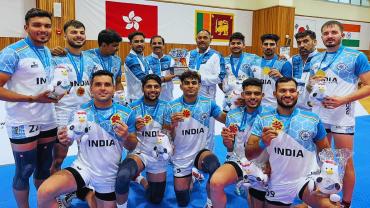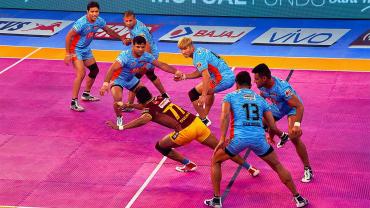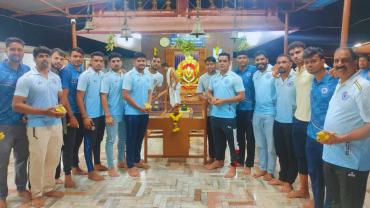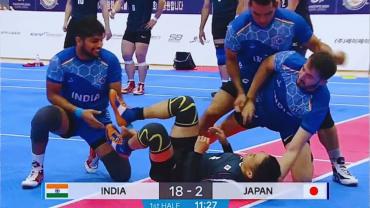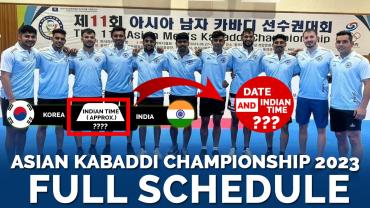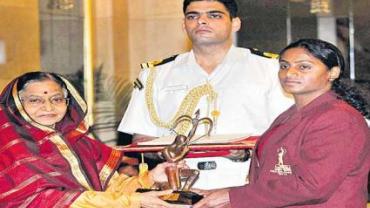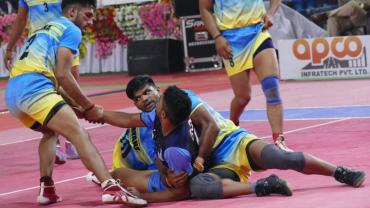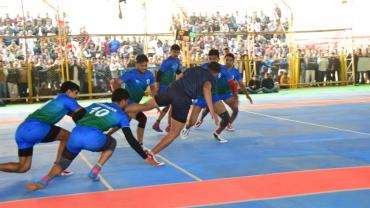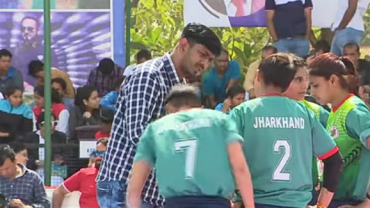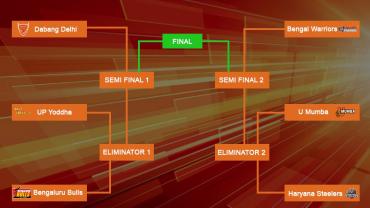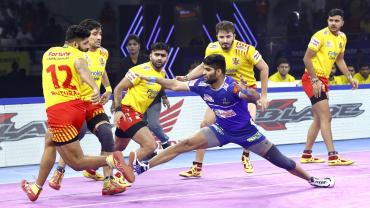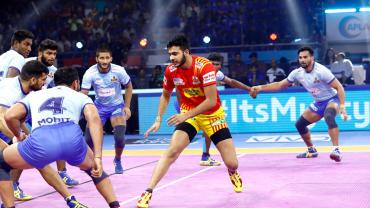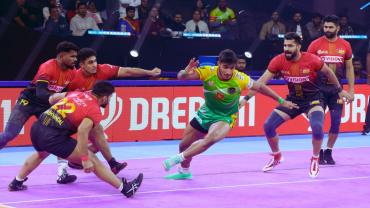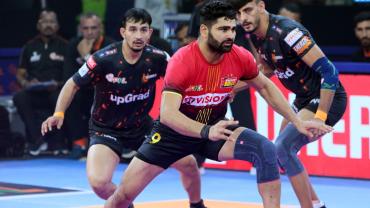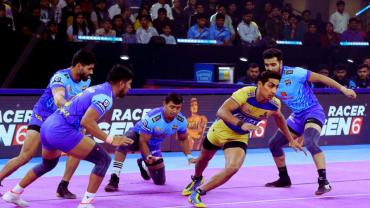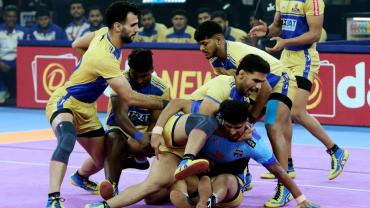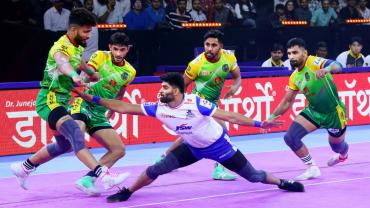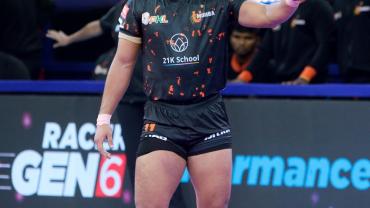Kabaddi Updates: How many Domestic Leagues are required to make Kabaddi Flourish in the Country?
In recent years, Kabaddi has experienced a remarkable surge in popularity, owing much of its success to the concerted efforts of various stakeholders working tirelessly behind the scenes. From organizers and coaches to players and fans, each has played a pivotal role in elevating Kabaddi to its current stature as a widely cherished sport.
One of the key contributors to Kabaddi's rise has been the proliferation of domestic leagues. These leagues, such as K7 Kabaddi League, have provided a platform for talented players to showcase their skills and compete at a high level. By offering opportunities for competition and exposure, these domestic leagues have been instrumental in nurturing raw talent and grooming players for success on the national and international stage.
Central to the significance of domestic leagues is their role in serving as stepping stones for aspiring athletes. In Kabaddi, as in any sport, the journey to the top requires a gradual progression through various levels of competition. Domestic leagues serve as crucial waypoints along this journey, allowing players to test their abilities and gain valuable experience before advancing to higher levels of competition.

Moreover, domestic leagues instill confidence in players by affirming their capabilities and providing them with the assurance that they belong at the highest levels of the sport. Through consistent performances in domestic leagues, players not only hone their skills but also cultivate the self-belief necessary to excel in elite competitions such as the Pro Kabaddi League (PKL) and international tournaments.
One of the strengths of domestic leagues lies in their adherence to PKL rules and regulations. By aligning with the standards set by the premier Kabaddi league, domestic competitions ensure that players are well-prepared to navigate the complexities of the game at the highest level. Familiarity with PKL rules equips players with the tactical acumen and situational awareness needed to thrive in competitive environments, thus bridging the gap between domestic and professional Kabaddi.
Furthermore, domestic leagues serve as fertile grounds for talent identification and development. Scouts and talent spotters frequently scour these leagues in search of emerging prospects who possess the potential to make a mark at higher levels of competition. By providing a platform for talent showcase, domestic leagues facilitate the discovery and nurturing of future stars, thereby enriching the talent pool and sustaining the growth of the sport.
In addition to their role in player development, domestic leagues play a crucial role in promoting Kabaddi at the grassroots level. By staging matches in local communities and engaging with fans across various demographics, these leagues foster a sense of belonging and pride among supporters. The accessibility of domestic Kabaddi leagues serves to democratize the sport, making it inclusive and accessible to enthusiasts from all walks of life.
In essence, the flourishing of Kabaddi in recent years can be attributed in large part to the proliferation of domestic leagues. These leagues serve as catalysts for growth, providing a platform for talent development, promoting the sport at the grassroots level, and bridging the gap between amateur and professional Kabaddi. As the popularity of Kabaddi continues to soar, the importance of domestic leagues as a cornerstone of the sport's success cannot be overstated
- 26 views








